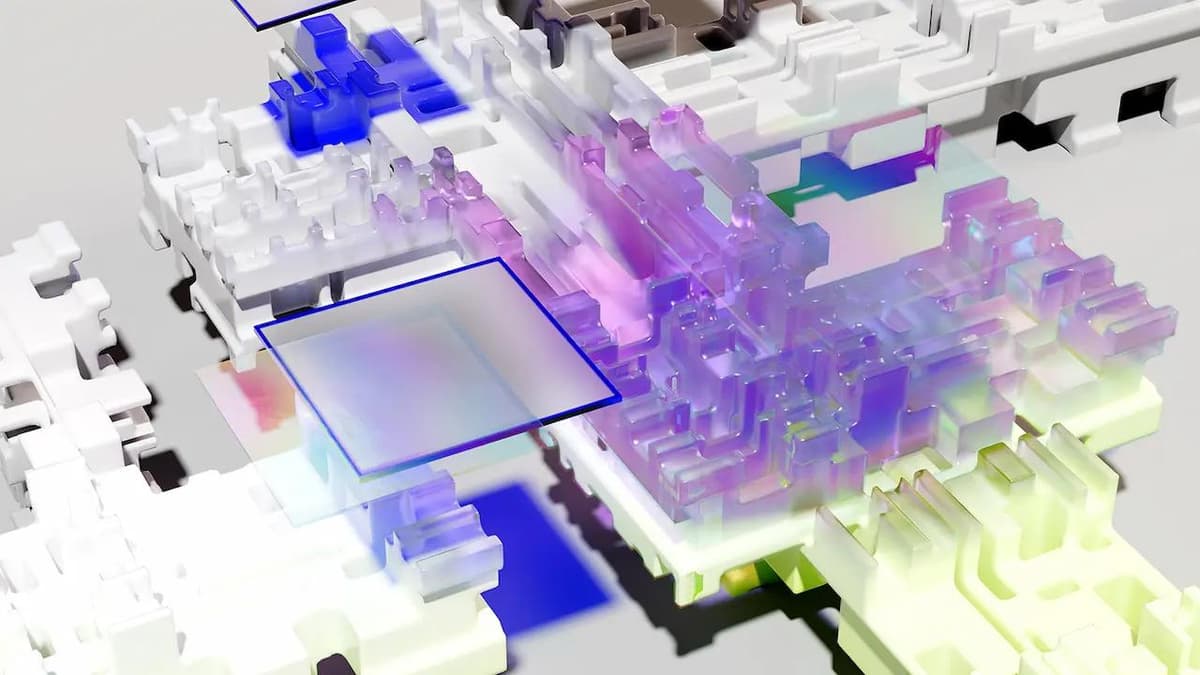Can Chatbots Really Provide Good Recipes? A Professional Chef's Perspective
Chatbots assist with many tasks, including providing information. Can they replace human expertise in cooking? As a professional chef, I believe chatbots fall short in delivering culinary knowledge and intuition that skilled chefs possess. This article explains why chatbots struggle to provide good recipes and highlights the irreplaceable human touch in cooking.
The Art and Science of Cooking
Cooking combines art and science. It requires precise measurements and techniques, along with creativity and intuition. A professional chef spends years refining their skills, experimenting with flavors, and building a collection of recipes. This expertise is beyond the reach of a chatbot, which operates on algorithms and predefined rules.
The Limitations of Chatbots
Chatbots follow specific programmed responses. While they can offer basic recipes based on user inputs, they lack adaptability and creativity. A chatbot might suggest a recipe using a particular ingredient, but it cannot consider personal preferences, dietary restrictions, or cultural nuances. In contrast, human chefs can customize recipes for individual tastes and create dishes that reflect their style.
Understanding Taste and Texture
Understanding taste and texture is vital in cooking. A good chef balances flavors, adjusts seasoning, and creates harmonious combinations. This knowledge stems from a deep understanding of ingredients, techniques, and culinary traditions. Chatbots cannot taste food or discern flavor nuances, limiting their ability to provide satisfying recipes.
The Importance of Context
Cooking is influenced by context, including the occasion, company, and cultural background. Chatbots cannot account for these factors when suggesting recipes. For example, a chatbot might recommend a complicated dish for a busy weeknight dinner without considering time constraints. Human chefs can offer practical suggestions that align with specific needs and situations.
The Intuitive Aspect of Cooking
Cooking engages all five senses. Chefs rely on intuition and experience, making adjustments as they cook, like tasting and seasoning along the way. Chatbots can provide step-by-step recipes but cannot guide you through the process with insights or troubleshooting. They lack the ability to adapt when things don't go as planned, a common occurrence in the kitchen.
The Human Touch
Cooking involves passion, love, and care. A chef infuses their creations with heart and soul. This human element distinguishes a memorable dish from a standard one. Chatbots may provide recipes, but they cannot replicate the dedication and emotional connection chefs bring to their meals.
While chatbots are useful in many areas, they cannot replace the artistry and expertise of a professional chef. Cooking requires creativity, intuition, and an understanding of flavors that chatbots cannot provide. When searching for a good recipe, consider seeking the guidance of a skilled chef.












